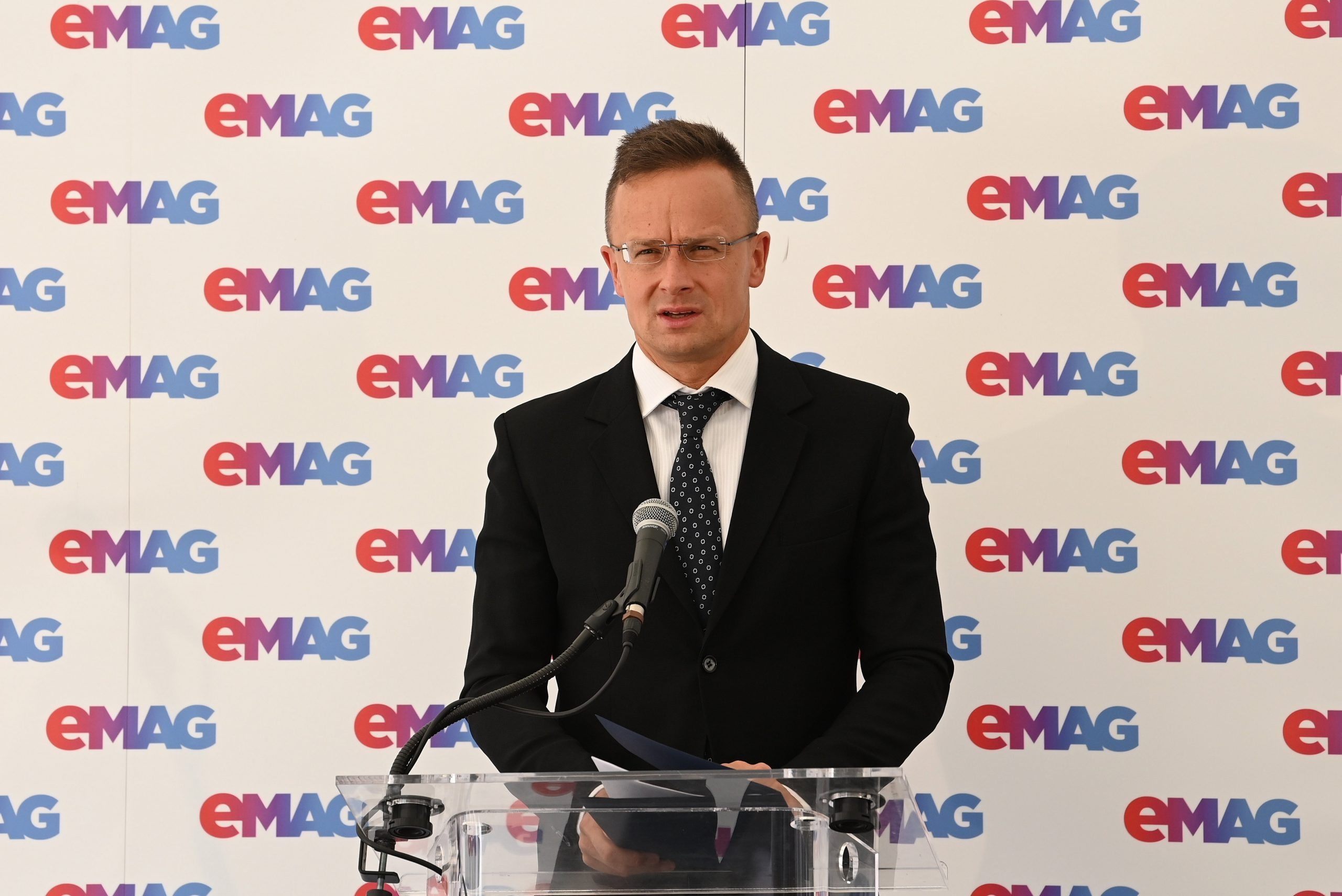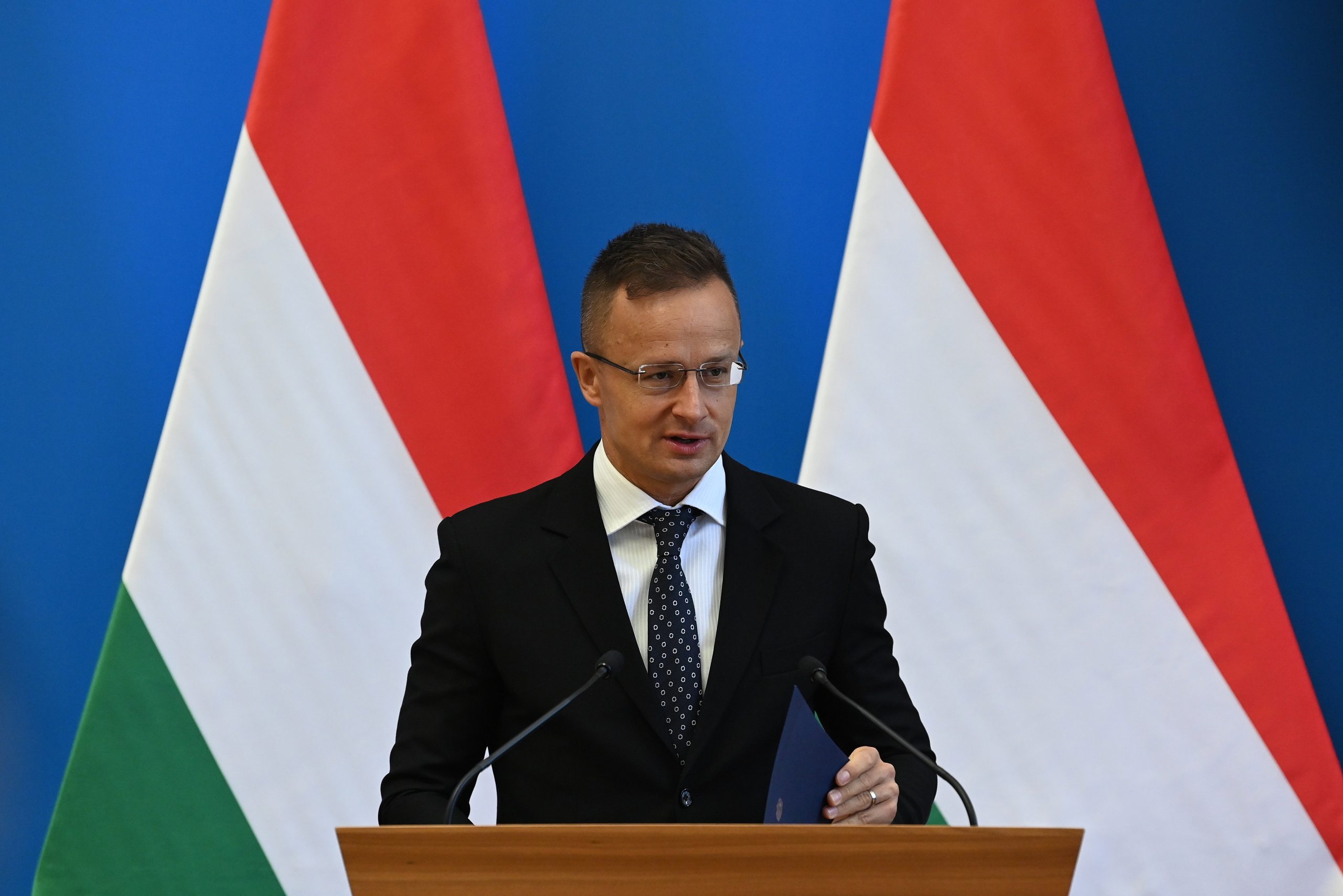
Bucharest-based eMAG - Extreme Digital, one of the largest online retailers of the CEE region, is building a 117,000 square meter regional logistics center that will serve the markets of six countries in addition to Hungary.Continue reading

The fallout of the war in Ukraine and related sanctions have resulted in a vicious cycle of skyrocketing energy prices and curbed supply, Foreign Minister Péter Szijjártó said at a meeting of the EU energy ministers in Luxembourg on Monday.
“Even the ‘strong countries’ of western Europe have declared national emergencies due to energy insecurity,” he said.
The European Commission should investigate Russia’s claim that the reduction in volume was because the equipment needed to operate the pipeline system had not been returned from Canada due to sanctions, he said.
The fall-off in energy supplies to western Europe has been felt in Hungary, too, though not nearly as much as elsewhere, he said.
Szijjártó noted that he had turned to his Russian counterpart, Sergei Lavrov, and Alexander Novak, Russia’s deputy prime minister for energy, who both cited technical problems for the supply crunch.
He said the Hungarian government’s point that energy supply was a physical rather than an ideological or political issue had been vindicated.
Weening the country off Russian gas “is not easy,” he said, adding that Hungary would not back a gas embargo under any circumstances.
Russia supplies 8.5 billion cubic meters of Hungary’s 10 billion cubic meters of annual consumption. Ensuring secure and predictable supplies from other sources in the short to medium term would be impossible, the minister added.
On the subject of joint procurement platforms, Szijjártó said Hungary supported diversification, but participation should be entirely voluntary.
Meanwhile, he noted that Hungarian natural gas storage facilities are 39 percent full at 2.7 billion cubic meters, and this amount is roughly three-quarters of the quantity that EU regulations prescribe for Hungary. The latter accounts for 35 percent of annual consumption, or 3.6 billion cubic meters.
Szijjártó said Hungary had emergency contingencies, regardless of the current situation, but the country’s energy supply is secure for the time being.
Featured image via Zoltán Máthé/MTI